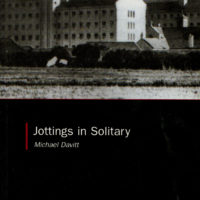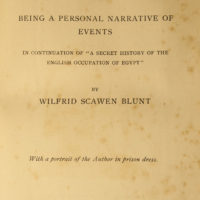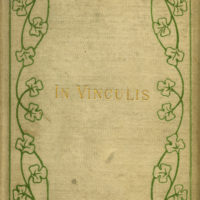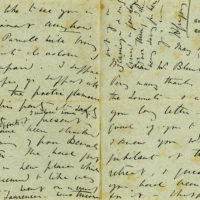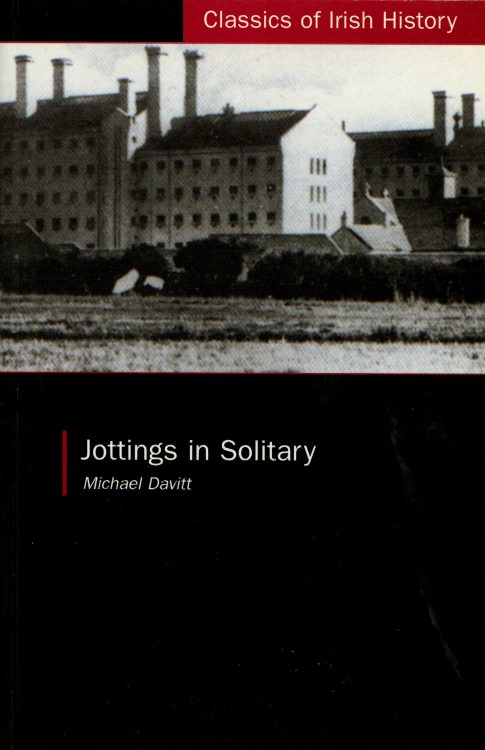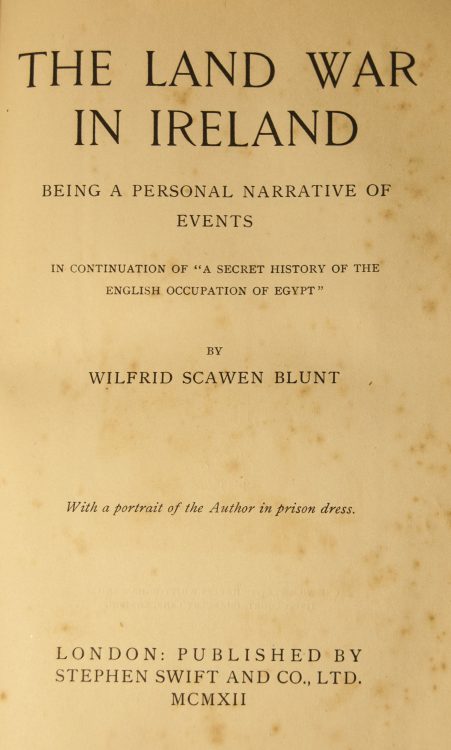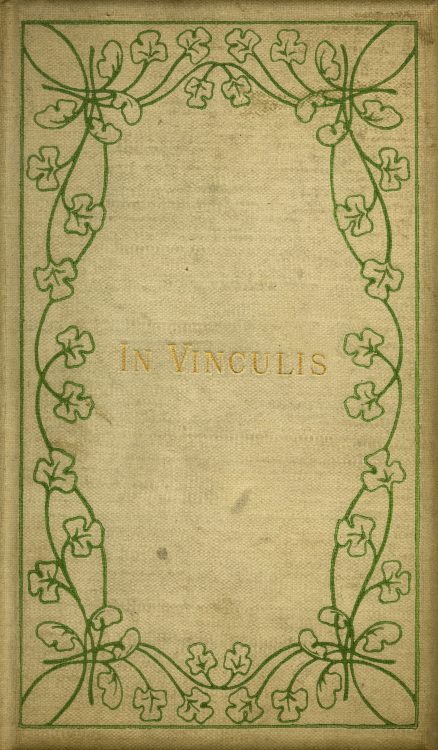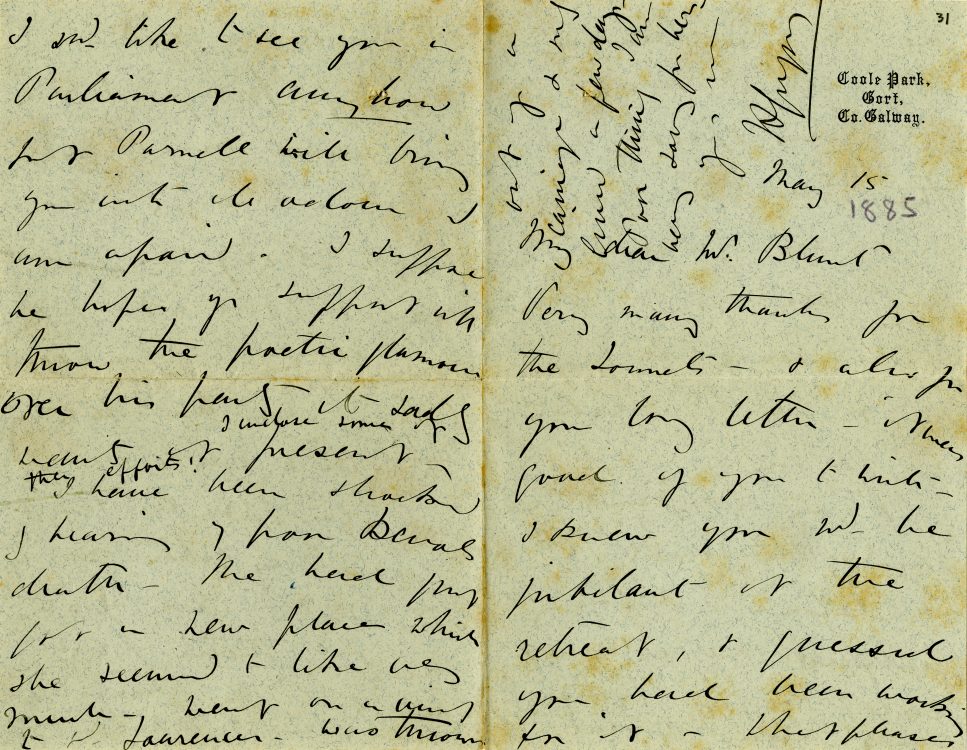In 1879, Fenian leader Michael Davitt (1846-1906) founded the Irish National Land League, which brought together many land nationalism groups across Ireland. The Irish peasantry had been subjected to evictions, absentee landlordism, and excessive rents on overly subdivided land well before the Great Famine. But it was the evictions of starving families—and the destruction of cottages so tenants could not return—during the Great Famine that prompted more focused action. Davitt’s own family was evicted during the Famine and immigrated to England when it became clear the family would have to split up in the government-run workhouses in County Mayo. It was in his Irish neighborhood in England that his nationalist ardor was cultivated. Davitt was arrested and sentenced to solitary confinement for his part in the failed Fenian Rising of 1867.
While serving his term, Davitt produced an extensive 358-page manuscript (now held at Trinity College) which covered a wide range of topics, not least among them his thoughts on the evils of landlordism. Davitt concluded that the Irish tenant farmers needed to own the land they worked. Following the Landlord and Tenant Act of 1870 and the Famine of 1879, the Land League fought for the Three F’s: fair rent; fixity of tenure; and free sale. Between 1879 and 1882, the League supported boycotts of rent, resisted evictions, and aided farmers. The Land War (Cogadh na Talún)—not an actual war, butperiods of civil unrest and violence caused by the League’s agitation against landlords—occurred between the 1870s and 1890s. After the No Rent Manifesto of 1881, the government moved to suppress the League. Parnell negotiated the Land League’s dissolution and the release of the imprisoned Leaguers including Davitt with the Kilmainham Treaty.
English poet and writer Wilfred Scawen Blunt (1840-1922) was an ardent anti-imperialist who became a strong supporter of Irish independence and the 1881-1882 Egyptian revolution. In the introduction to this volume of his memoirs, he notes that he took part in the fight for Irish independence before “the great civil strife of 1891 began,” likely referring to Parnell marrying Kitty O’Shea after his very public divorce scandal that rent the Irish Parliamentary Party. By 1912, Fenianism as it was known in the nineteenth century was non-existent, and Blunt laments its demise. Blunt was a strong supporter of Irish Home Rule, and in 1887, he led an illegal rally in County Galway, for which he was imprisoned first in Loughrea Gaol and then in Kilmainham Gaol. He wrote a volume of “Irish poems” during his incarceration, published as In Vinculis (“in chains”) in 1889.
The Irish National Land League was reestablished under a new name in 1882. It is still in operation today.

